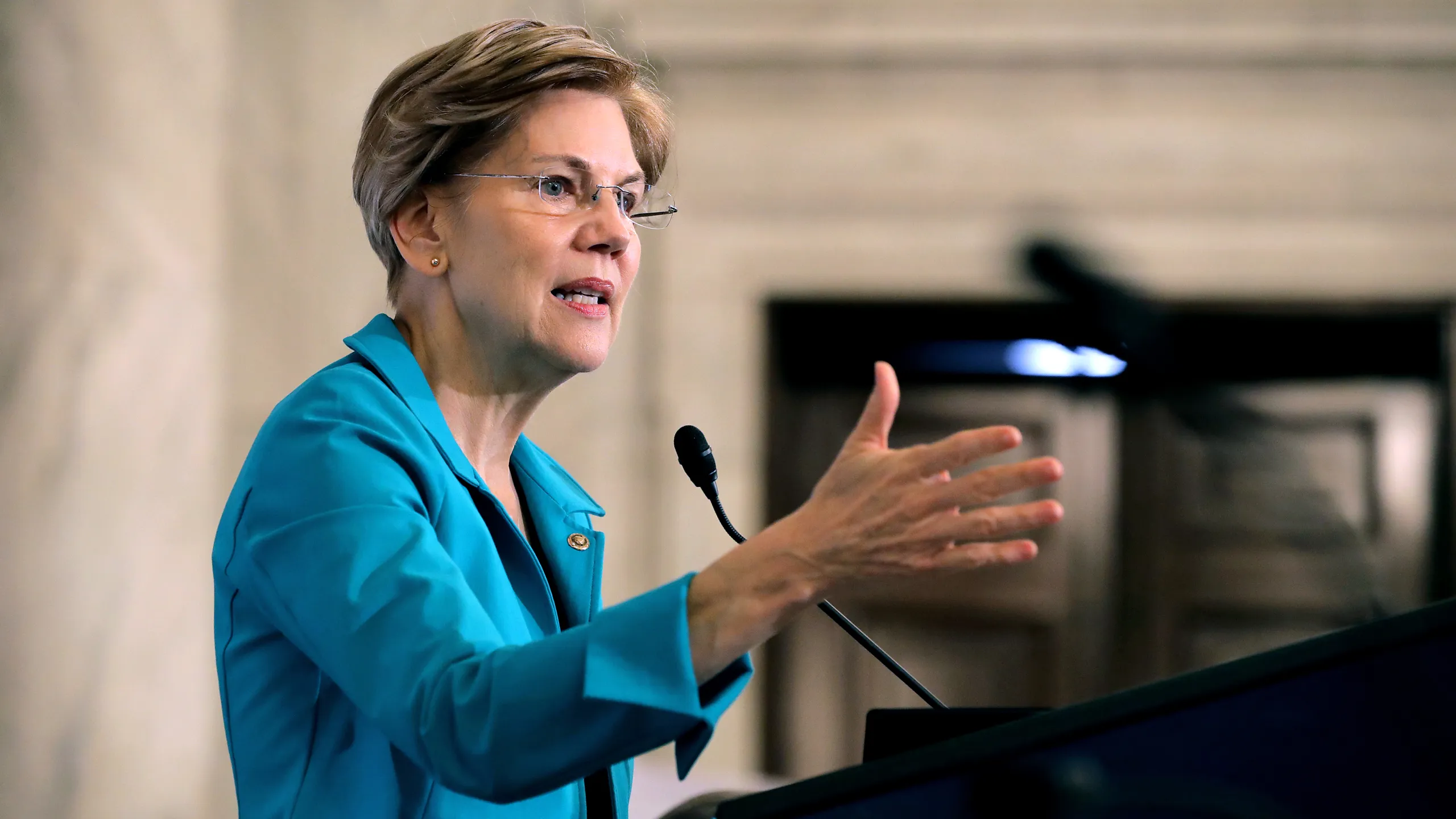In an effort to curb money laundering using digital assets, Senator Warren has been advocating for new bipartisan legislation that would require crypto businesses to follow the same standards as banks and corporations. After the stunning failure of the FTX cryptocurrency exchange, a Democratic senator from Massachusetts is advocating for more regulations on the crypto business. On Tuesday, the company’s founder and ex-CEO, Sam Bankman-Fried, was charged with eight felonies, including conspiracy to conduct money laundering.
The purpose of this proposed legislation is to impose know-your-customer (KYC) rules on blockchain infrastructure providers and participants inside the United States. This includes software developers working on decentralised network software as well as miners and validators. According to Warren’s statement, the bill proposed by Warren and Marshall would require KYC for participants and a requirement for anti-money laundering (AML) programmes by directing the Financial Crimes Enforcement Network (FinCEN) to treat crypto wallet service providers, miners, validators, and other network users as “money service businesses.”
Unhosted, or self-custody, crypto wallets would be affected by the measure as well, since it would mandate client identification and transaction tracking by platforms and networks. Although FinCEN proposed this regulation in December 2020, numerous firms and activists in the cryptocurrency sector spoke out against it, and it has yet to be put into effect. This legislation aims to complete that procedure. Additionally, the measure forbids the use of digital asset mixing services or other privacy enhancing technology by any financial institution. Bitcoin mixers are often used to hide the sending and receiving of Bitcoin between two wallets. In August, the United States Treasury sanctioned Tornado Cash, the most popular Ethereum mixer.
The crypto industry should follow common-sense rules like banks, brokers, and Western Union, and this legislation would ensure the same standards apply across similar financial transactions. The bipartisan bill will help close crypto money laundering loopholes and strengthen enforcement to better safeguard U.S. national security.
Senator Warren in a statement
In the same vein as last year’s infrastructure bill, which expanded the definition of “broker” to encompass organisations that trade crypto assets and required exchanges to record transactions to the government, this year’s proposed measure has been met with scepticism. There was concern that the measure will affect not just users of cryptocurrency but also their wallet services. The European Union voted in March to enforce Know Your Customer requirements on unhosted wallets, while the United Kingdom considered similar legislation last summer before abandoning its proposals.













































